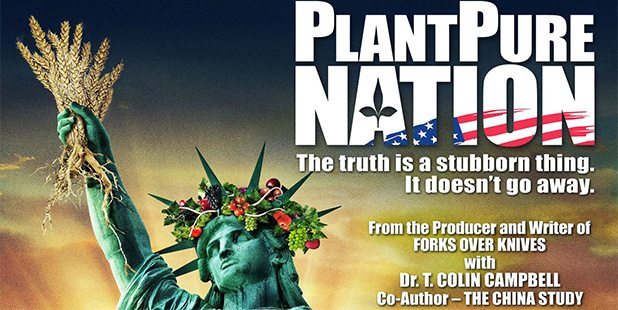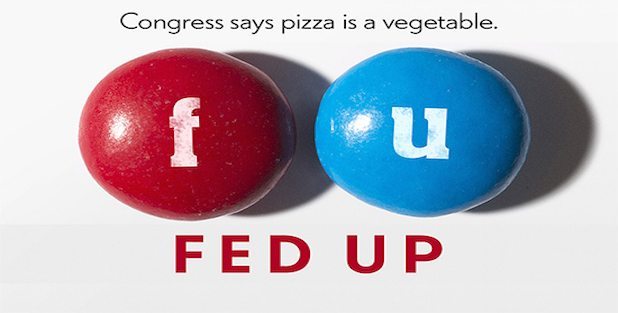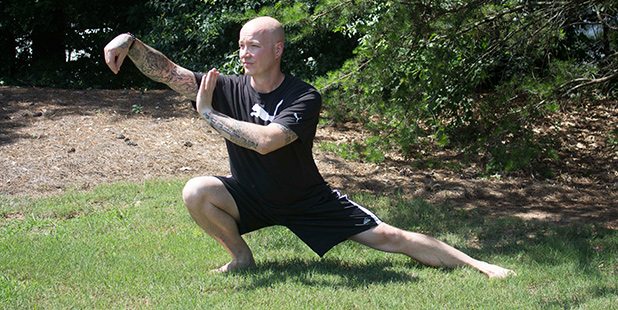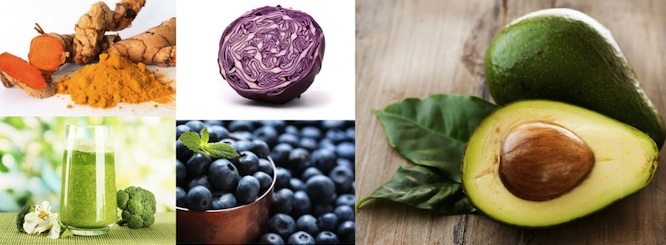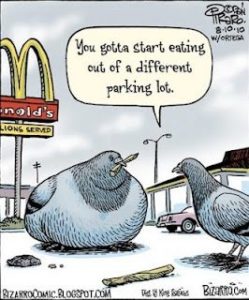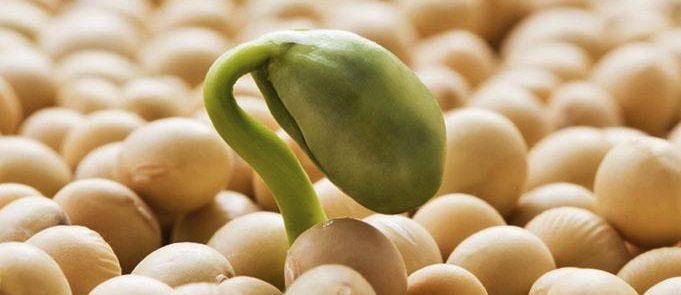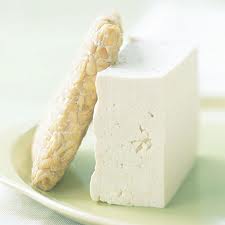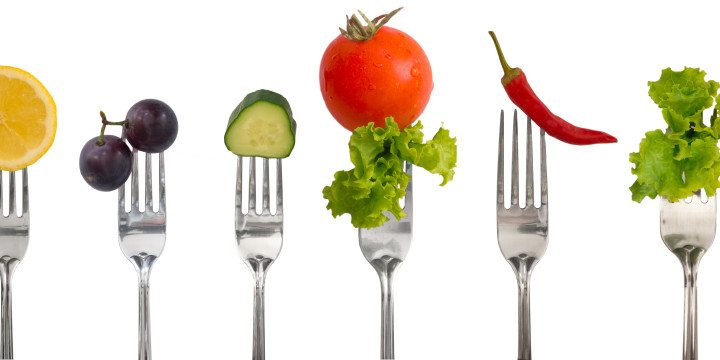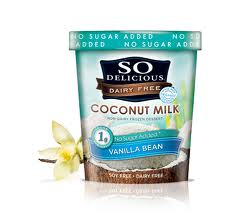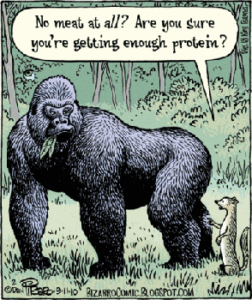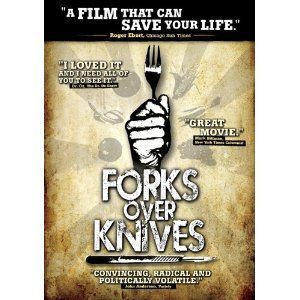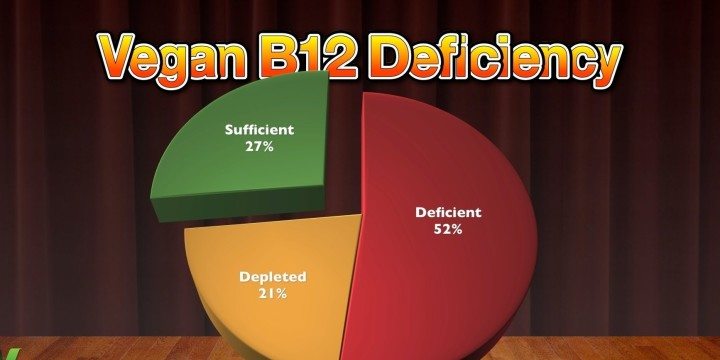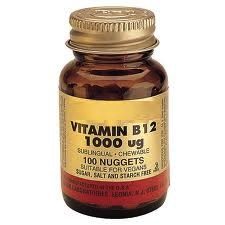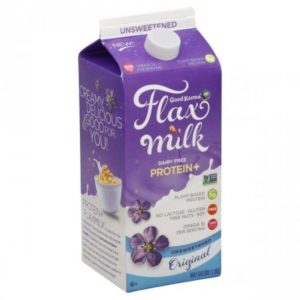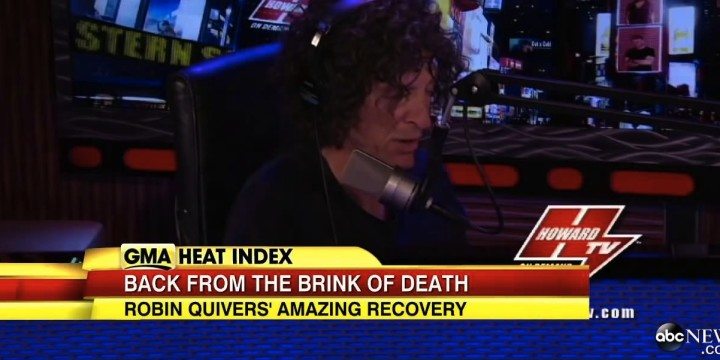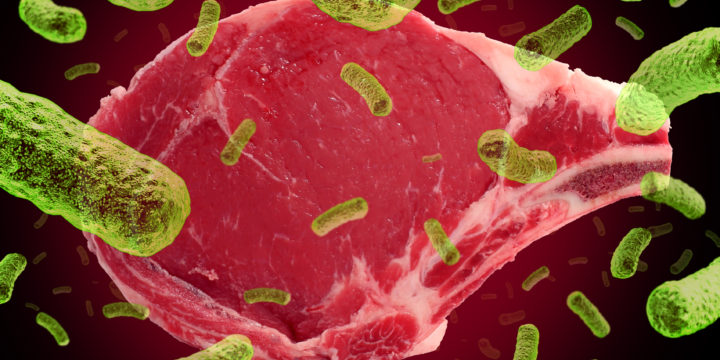The Discerning Brute is a website for the ethically handsome man and definitely worth checking out!
When it comes to veganism, sometimes it feels like we’re talking about secret women’s business; after all, 79% of US vegans are women (vegetarians are a more even split at 59% women, 41% men). But a popular website is shaking up the image of what it means to be manly: TheDiscerningBrute.com, for “the ethically handsome man.” I wanted to write this post to introduce you to the website and the inspirational man behind it.
While it’s not an out-and-out vegan or vegetarian website, the Discerning Brute was founded in 2008 with a focus on “fashion, food and etiquette for the ethically handsome man,” and regularly highlights visionaries and creates discourses with creative influencers who want to “redesign the world, redefine success, and look good doing it.”
The site was founded by Joshua Katcher, an adjunct professor of fashion at Parsons The New School for Design. He is also the founder of the Brave GentleMan clothing label, which utilizes what Katcher calls “future suede,” “future leather,” and “future wool,” sustainable and ethically made fabrics which are superior to animal fibers. There has been a growing popularity in the fashion industry the last few years for the use of these high quality, cruelty free materials.
Katcher says, “In order for fashion to be truly good, the handsomeness of an object must be matched by the handsomeness of how it was made. There is poetic grace and heightened pleasure in fashions of conscientious construction.”
We couldn’t agree more. Here’s to the ethically handsome man!



